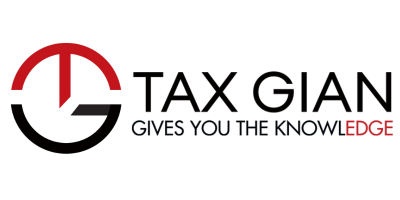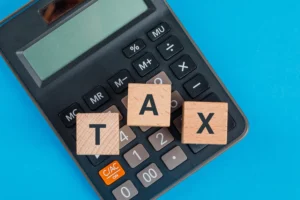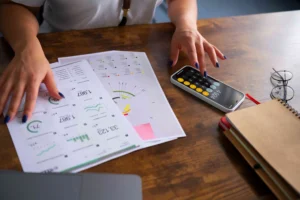For years, businesses in the UAE have struggled with VAT paperwork. One of the biggest headaches was issuing tax invoices, especially in cases where companies had to invoice themselves under the reverse charge rule.
The Federal Tax Authority (FTA) has now stepped in with new rules and clarifications in 2025. These updates make tax compliance simpler, cut down on extra paperwork, and still keep the VAT system strong. For business owners, this is good news because it saves effort and reduces the chance of mistakes.
Learn about the latest updates on VAT with the help of Tax Gian’s expert VAT agents in the UAE.
What Is a Tax Invoice and Why Does It Matter?
A tax invoice is more than a receipt. It lists the goods or services, their value, and the VAT charged. It proves that VAT was paid and is crucial for both the seller and the buyer.
Businesses need tax invoices because they:
- Prove compliance with VAT laws.
- Allow recovery of input tax paid on purchases.
- Provide clear records for audits.
- Build transparency and professionalism with clients.
Without proper tax invoices, companies face penalties, lose credibility, and risk losing VAT credits.
Public Clarification VATP044 – A Key Update in 2025
On 30 May 2025, the FTA issued Public Clarification VATP044. It explains how companies should handle output tax, issue tax invoices, and claim input tax when importing services. These imported services are called Concerned Services.
Under VAT law, when a UAE business buys services from abroad, the place of supply is treated as inside the UAE. The company must account for VAT itself using the reverse charge mechanism. Earlier, this meant issuing a tax invoice to itself. VATP044 changes this. To understand it deeply, consult our VAT agents in the UAE.
Reverse Charge and Concerned Services
Concerned Services are imported services that would be taxable if supplied in the UAE. The reverse charge mechanism requires the buyer in the UAE to:
- Account for output VAT on the service.
- Report the transaction in Box 3 of the VAT return.
- Issue a tax invoice to itself, unless exempted.
With VATP044, the FTA now allows businesses to skip self-issued invoices if conditions are met.
Relaxation on Self-Issued Tax Invoices
The new rule removes unnecessary duplication. Businesses no longer need to prepare invoices to themselves if:
- They account for VAT under the reverse charge correctly.
- They keep the invoice issued by the overseas supplier.
- The supplier’s invoice has all required details (names, addresses, service description, amount, currency, payment terms).
This is a practical move by the FTA, reducing administrative work while keeping proper records intact.
Exceptional Cases and Documentary Evidence
In some industries, like reinsurance, overseas suppliers may not issue invoices. The FTA allows companies to use a mix of documents showing key details. These include:
- Supplier and recipient names.
- Date of supply.
- Service description.
- Value and payment details.
If these documents are missing, businesses may request an administrative exception under Article 59(7) of the VAT Executive Regulation. Learn how this will work from our expert VAT agents in Dubai.
Input Tax Recovery Rules
The right to recover input VAT on imported services remains intact. But two conditions must be met:
- The business must keep valid documents, such as the overseas supplier’s invoice.
- The business must pay or intend to pay the invoice within six months from the agreed payment date.
This ensures that VAT recovery is based on real expenses and that the system is not misused.
Foreign Currency Invoices
If an invoice is in foreign currency, VAT must still be shown in UAE dirhams (AED). The exchange rate used must match the UAE Central Bank rate on the date of supply. Using bank rates or other rates could lead to errors and fines.
Why These Changes Matter
The new regulations simplify VAT compliance and cut down on irrelevant paperwork. The FTA prevents companies from generating duplicate self-invoices by accepting supplier invoices as evidence. Strict documentation requirements, however, preserve system credibility.
This upgrade is a relief for companies that import services. It reduces the need for tedious administrative work and the possibility of fines. In the UAE, VAT compliance is getting easier, quicker, and more dependable when combined with the impending e-invoicing system.
How can Tax Gian help?
Our expert VAT agents in the UAE help businesses stay up to date with tax regulations to ensure compliance. Even for the upcoming e-invoicing system, our agents will help you transition smoothly to the new system. For any VAT query or issue, consult our professionals.



